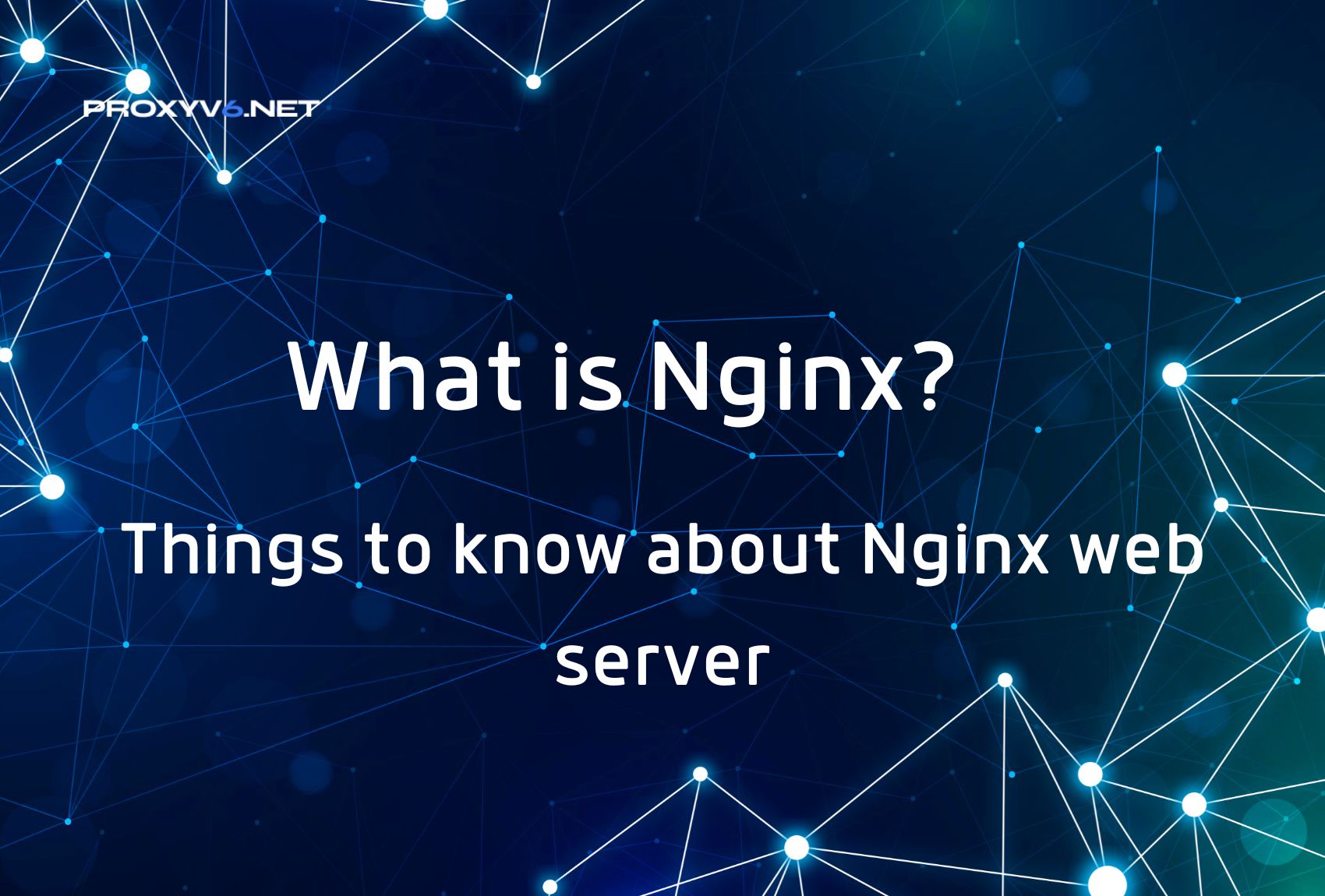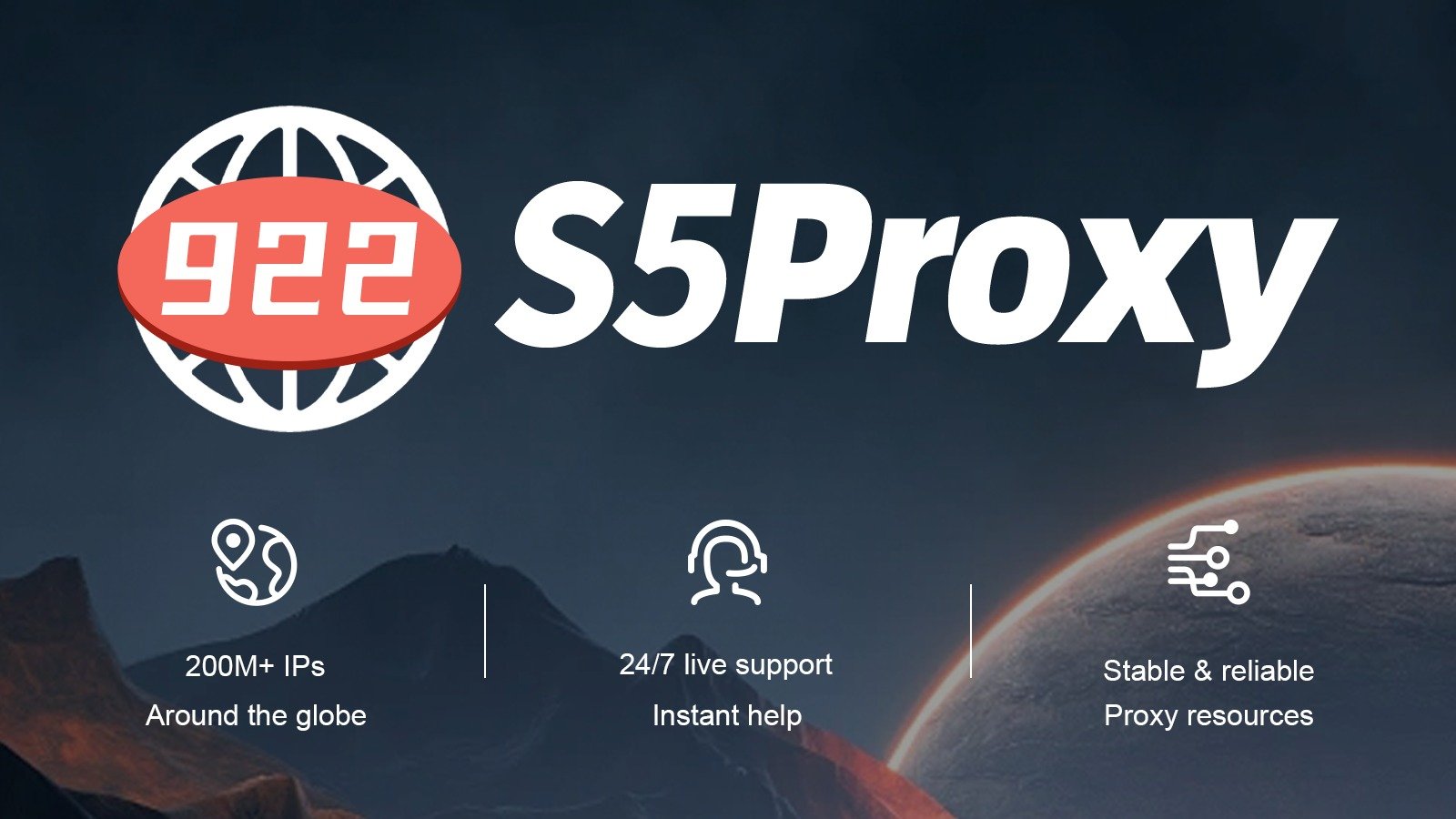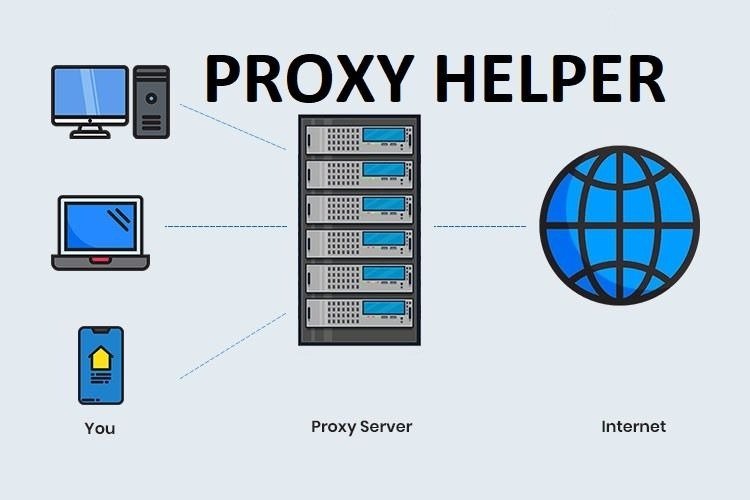In the modern web development world, performance and concurrent processing always play an essential role. To meet these demands, NGINX was introduced as an outstanding solution. Known as an open-source web server, NGINX is not only fast and stable but also can handle thousands of connections simultaneously without issues. However, when talking about web servers, Apache Server is another name that cannot be overlooked. So, what are the differences between these two options? And how do you deploy NGINX on your system? Let’s explore in the article below.
Introduction to Nginx
What is Nginx?
NGINX, also uniquely named NGIИX, has established itself as one of the leading open-source web servers today, serving the web HTTP domain with considerable power and stability. This is largely due to its single-threaded and asynchronous structure based on an event-driven mechanism, allowing it to handle requests with the highest efficiency while ensuring absolute stability.
What makes NGINX stand out from the Apache server and many other services is its ability to maximize stability, handling a large number of simultaneous accesses without reducing performance. Its intelligent and efficient load balancing helps distribute traffic to various servers, optimizing resource utilization and ensuring the highest availability.
Furthermore, NGINX also displays flexibility by performing various tasks like HTTP caching to improve the website’s response speed, or acting as a reverse proxy to enhance security and stability. Beyond that, it also supports media streaming, and even works as an email proxy for IMAP, POP3, and SMTP, catering to the diverse needs of users.
Buy cheap proxies at proxyv4.net
Pros and Cons of Nginx
Pros of NGINX
- Performance optimization: NGINX uses a unique asynchronous architecture, allowing it to handle thousands of requests simultaneously without compromising performance.
- Advanced security: With integrated SSL/TLS support and anti-DDoS measures, NGINX ensures maximum web access protection.
- Robust load balancing: Efficiently distributing traffic to application servers increases the system’s stability and efficiency.
- Modern caching system: By storing resource versions, NGINX reduces page load times and optimizes the user experience.
Cons of NGINX
- Steep learning curve: Given its rich features and customizability, configuring NGINX can pose challenges for beginners.
- Challenging deployment and error analysis: NGINX’s asynchronous architecture can make error detection and rectification more complex.
- Technical expertise required: To operate and optimize NGINX effectively, users need significant technical knowledge.
Things to Know About Nginx Web Server
Nginx (pronounced “engine-x”) is an open-source web server, known for its high-performance features, reliability, flexibility, and resource efficiency. Nginx doesn’t just work as a web server but is also widely used as a reverse proxy server for both HTTP and email, as well as a load balancer.
Below are some things to know about Nginx:
High Performance
Nginx is designed to handle thousands of simultaneous connections without increasing resource usage.
Flexible Configuration
Nginx’s configuration files allow for optimization across various use scenarios.
SSL/TLS Integration
Nginx supports SSL/TLS encryption out-of-the-box, ensuring secure data transfer between the server and clients.
FastCGI Support
With FastCGI support, Nginx can serve various web applications like PHP.
Load Balancing
Nginx can distribute requests across multiple source servers, optimizing resources and improving performance.
gzip Support
To speed up transmission, Nginx can compress content before sending it to the user’s browser.
Reverse Proxy Server
Nginx can operate as a reverse proxy server, routing requests based on configuration.
Security
Features like access limits, DDoS protection, and integration with other security tools provide a reliable protective layer for your application.
Detailed Logging
Nginx offers detailed logging capabilities, helping you analyze access and monitor server activity.
Module Integration
Nginx is extensible through modules. Some modules are pre-integrated, while others can be added as needed.
Buy affordable proxies at proxyv6.net
In today’s digital age, owning a quality proxy is essential to ensure anonymity and security when accessing the internet. If you’re looking for a cheap proxy service that still guarantees high quality, Proxyv6.net is a trustworthy destination. With many years of experience in this field, we proudly offer stable, fast, and secure proxy services. Especially, with very competitive prices, Proxyv6.net always meets the needs of all customers, from individuals to enterprises. Discover our service today and experience the difference!





